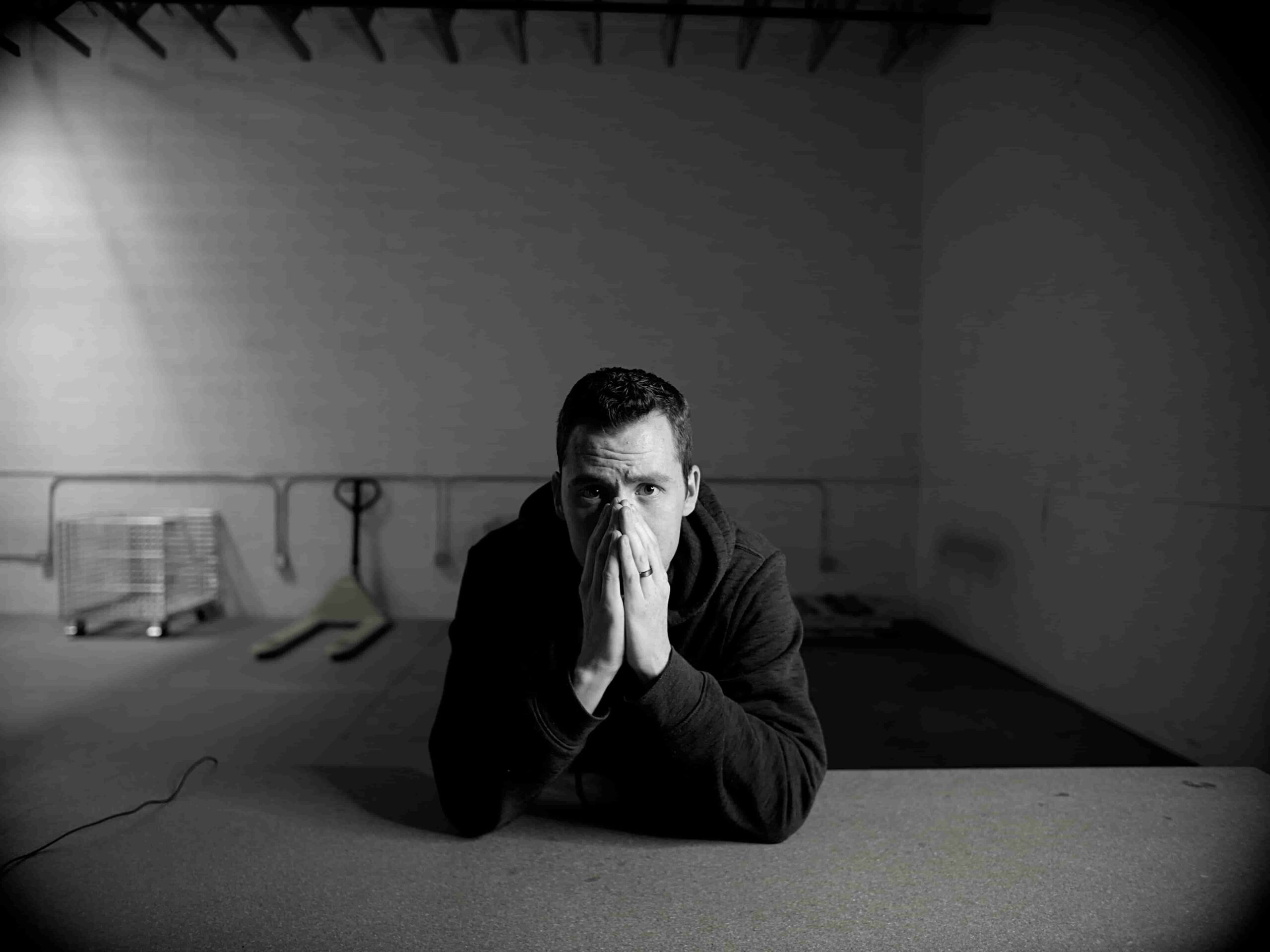Overthinking is nothing new. But there are surely more causes behind it today than ever before. The digital age — ostensibly designed to simplify our lives — has gifted us with non-stop content, notifications, and a lingering fear of missing out (FOMO). Meanwhile, anxiety disorders have become the most diagnosed condition on the planet. Plus, economic strife is a daily reality for the majority of humans. It all adds up to fertile ground for worry and rumination.
As the name implies, overthinking involves too much thinking. Rumination, in psychological terms, is “repetitive thinking or dwelling on negative feelings and distress and their causes and consequences.” Obviously, these patterns must be addressed. Understanding the causes is a big step in a more positive direction.
The Causes Behind Constant Overthinking
 Overthinking is often present in people who have a history of trauma and mental health disorders ranging from anxiety to complex post-traumatic stress disorder (C-PTSD) and beyond. We’ll come back to those connections but first, here are other common causes for ongoing overthinking:
Overthinking is often present in people who have a history of trauma and mental health disorders ranging from anxiety to complex post-traumatic stress disorder (C-PTSD) and beyond. We’ll come back to those connections but first, here are other common causes for ongoing overthinking:
- Experiencing high levels of stress
- Perfectionism
- Fear of failure
- Getting caught up in the culture of comparison
- Feeling overwhelmed by constant decision-making
- Low self-esteem
- An inability to effectively regulate one’s emotions
Reasons like this can result in rumination becoming a default setting of sorts. Contrary to all evidence, we can convince ourselves that non-stop self-talk will lead to new approaches and better results. In reality, overthinking doesn’t make you feel any better. More likely, it leads to more negative thoughts to worry about. Simply put, rumination can take on a life of its own and not end until it is addressed in a healthy manner.
These trends can be buttressed by the presence of an issue like C-PTSD.
C-PTSD and Overthinking
A person who has experienced ongoing traumatic stress — especially during childhood — will understandably fixate on the treatment they’ve endured and the people responsible. If something so nightmarish occurs in your life, you want to know why. Some folks may rack their brains to discern what they think they did to deserve it. Others will obsess over ways to end the abuse and perhaps even get revenge.
Whatever the rationale, overthinking does not help people recover from the impacts of complex trauma. Such tendencies can carry over into parts of their lives through the 24/7 news cycle and the aforementioned FOMO. Therefore, while the causes for overthinking can range widely, there is no doubt that it must be addressed and resolved.
How to Stop Overthinking
As with many self-harming actions, the task of stopping rumination commences with a willingness to accept its presence. It doesn’t feel good to admit you’ve slipped into a dysfunctional mindset but it’s how recovery starts. Everyone overthinks at some point so let’s release the stigma of a common but unhealthy coping mechanism.
From there, if it is established that your overthinking habits are part of an existing condition (e.g. anxiety disorder, C-PTSD, etc.), those conditions must be treated. You can work on both issues at once but if something like trauma is at the root of rumination, that trauma requires your full attention.
Concurrent with these steps, you can make a huge difference by making lifestyle changes and trying out self-help steps.
For example:
- Resisting choices like self-medication or social withdrawal
- Using a journal to identify and list your triggers
- Safeguard your sleeping, eating, and exercise habits
- Leaning on your spiritual beliefs
- Keeping a gratitude list
- Avoiding self-isolation
- Pursuing creative outlets
- Seeking out content that lifts your spirits
- Getting involved in efforts to help others
- Practicing self-compassion and mindfulness to keep yourself grounded in the present moment
Most of all, you’ll want to connect with a mental health professional with experience in these areas. I’d love to hear from you soon. Reach out to book an appointment for trauma counseling.





